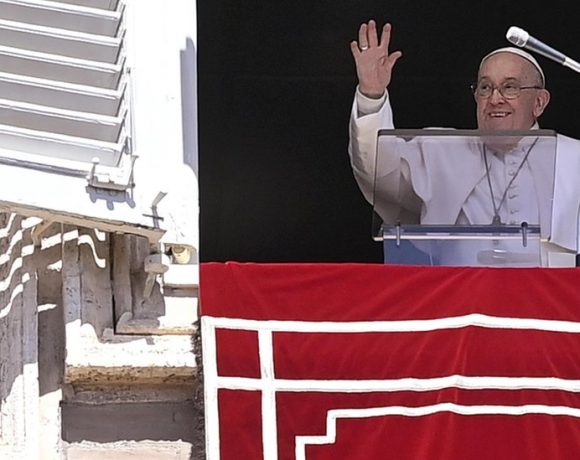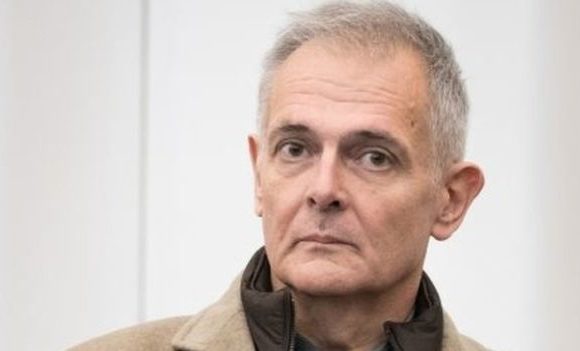
The Vatican, led by Pope Francis, has reaffirmed its strong opposition to various issues including sex changes, gender theory, surrogate parenthood, abortion, and euthanasia in a document named “Dignitas Infinita” (Infinite Dignity). Alongside these, it also highlights concerns regarding poverty, migration, and human trafficking, seeing them as threats to human dignity.
Criticism towards Pope Francis comes from both conservative and liberal factions within the Catholic Church. While some conservatives accuse him of straying too far from traditional teachings, liberals argue that he hasn’t pushed the Church enough towards evolution on these matters.
In 2023, Pope Francis made statements allowing transgender individuals to be baptized in the Catholic Church under certain conditions and permitted priests to bless same-sex couples in specific circumstances, though maintaining the traditional view of marriage. He also tasked Cardinal Victor Manuel Fernández, a close associate, with examining modern societal challenges.
Cardinal Fernández faced backlash for a book he authored in the late 1990s, which delved into human sexuality in detail. Despite these controversies, Pope Francis has shown openness on certain issues like same-sex unions and women’s roles in the Church.
However, the Pope remains steadfast in his opposition to surrogacy and gender theory, condemning them as morally wrong. The recent declaration, Dignitas Infinita, denounces abortion as a severe moral crisis and surrogacy as harmful to both women and children, emphasizing the sanctity of one’s birth sex.
Pope Francis’s stance underscores the complexity of his beliefs, defying simple labels of “progressive” or “conservative.” Despite his advanced age, as indicated in his autobiography, he has no plans to retire and intends to continue serving as Pope indefinitely.
Picture Courtesy: Google/images are subject to copyright


